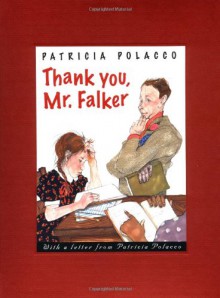Reading and Learning Difficulties/disorders affect how a child remembers something, understands, and reacts to information. However Reading and Learning Difficulties South Africa occur in very young kids, they are normally not noticed until the child reaches school age.
Many children who have Reading and Learning Difficulties/disabilities also have ADHD(Attention Deficit Hyperactivity Disorder), which makes it difficult to concentrate. Assessment and examination by a qualified expert can help identify a Reading and Learning Difficulties South Africa. Special study/training, which includes supporting the child in the areas wherever he/she requires the most support. Sometimes instructors or language or speech therapists also work with the kids. Reading and Learning Difficulties/disorders do not go away, but plans can make them a smaller problem.
The source of learning difficulties/disabilities are mostly unknown but, the child's mind has been affected in such a way that its capacity to receive and manage information is damaged.
Reading and Learning Difficulties/disabilities are generally, not diagnosed until the child has been in school for nearly two years. There are usually early symptoms of disabilities that parents may observe. More importantly, some strategies and resources can help.
Reading and Learning Difficulties/disabilities are often received even if a generation has been jumped. Check if, other members of the family had reading difficulties in the past.
These disabilities can be the result of changes in brain development caused by the mother being ill, an accident, a fall, smoking, drinking or taking drugs while pregnancy, Prolonged labor, premature birth can result in abnormality in Reading and Learning Difficulties.
Reading and Learning Difficulties/disabilities can occur from head injuries. For example, the child falling over or being dropped or exposure to pesticides, etc.
Treatment of learning and reading disabilities is necessary as soon as possible after finding and this could take the structure of any or all of the following.
1. Special Education - Exceptional education is the most popular treatment for learning & reading difficulties. Teachers will assess the level of the problems associated with their educational and intellectual perspective. These teachers will then, teach the child to learn by developing on their strengths while improving their weaknesses.
2. Communication and Language Therapy - Some learning and reading disabilities vary from difficulties hearing and speaking so relevant therapies may be required.
3. Medication - If reading problems vary from attention deficit disorder (ADD) then medicine may be effective in improving attention and focus time.
If you're not happy with the progress your kid is executing, following you could take action yourself.
1. Hire an individual teacher who specializes in healing children with reading and learning difficulties.
2. The online reading and learning program which a child can do at home. These programs are designed at what pace your child wants and they continue concern by utilizing child-friendly cartoon to lead the child into the teachings. The readings are short to hold the child's attention. The sessions improve from sounds to words and sentences and in reading skills.

 Log in with Facebook
Log in with Facebook 






